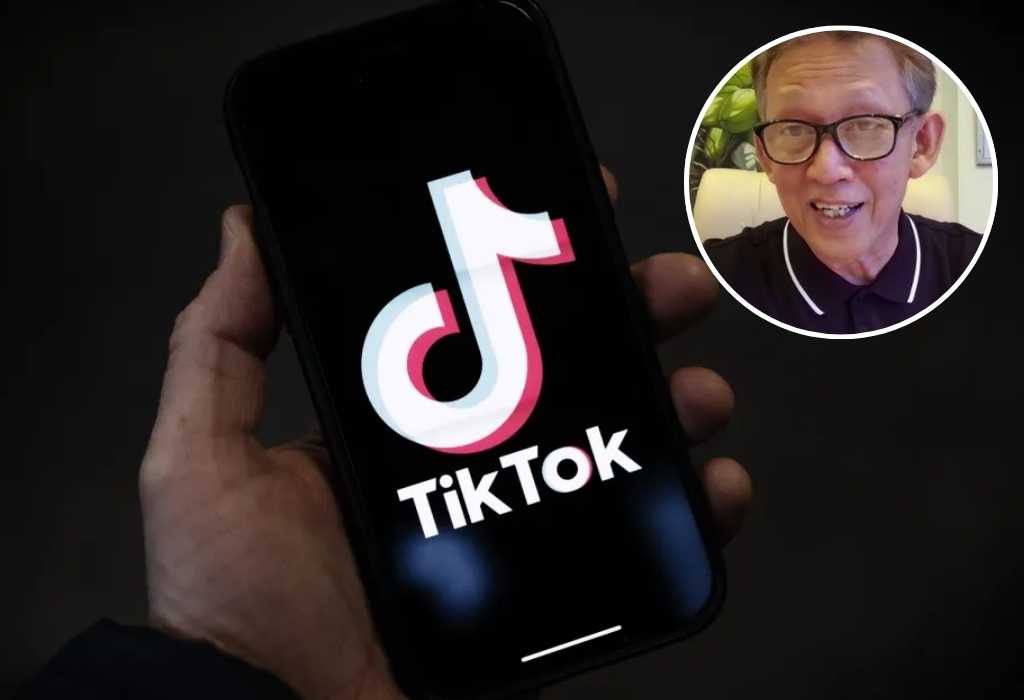By The Malketeer
Bukit Aman Warns Malaysians of Counterfeit Medical Products
In an era where artificial intelligence (AI) is reshaping the marketing and advertising landscape, its darker side is also becoming alarmingly evident.
Bukit Aman’s Commercial Crime Investigation Department (CCID) has flagged a troubling trend involving the misuse of AI to mimic prominent individuals and promote dubious products.
AI Mimicry Targets Trust in Social Media Ads
A TikTok account, “Malaysia Shopping Mall,” recently came under scrutiny for promoting health products using the voice and video likeness of well-known Malaysian medical expert Dr. Noordin Darus—without his consent.
This case exemplifies how advanced AI tools are being leveraged to impersonate trusted figures, eroding public trust in online content.
“The sophistication of AI technology has enabled the creation of deceptive advertisements featuring voices, faces, and videos of prominent individuals without their permission,” said Bukit Aman CCID Director Ramli Yoosuf in a statement.
Dubious Products with Dangerous Consequences
Ramli warned consumers to be wary of health products advertised through social media platforms, especially when their sources are unclear.
These counterfeit products pose significant risks, potentially harming unsuspecting buyers lured by the perceived endorsement of trusted personalities.
Such incidents not only tarnish the reputation of individuals like Dr. Noordin but also spotlight the urgent need for regulatory oversight in AI-generated content.
Lessons for Marketers: Transparency and Authenticity Are Non-Negotiable
This episode serves as a wake-up call for the marketing community.
While AI can revolutionise advertising with hyper-personalised content and streamlined campaigns, its misuse can lead to devastating consequences.
Brands and advertisers must prioritise transparency and ensure ethical practices in AI deployment to maintain consumer trust.
A Call for Vigilance: Protecting Consumers and Brands
As AI continues to advance, the line between reality and fabrication grows increasingly blurred.
The onus is on both regulators and marketers to address this emerging threat by investing in AI-detection tools and educating the public on identifying fake content.
For consumers, the message is clear: Verify before you buy.
For marketers, the takeaway is critical—trust, once broken, is hard to rebuild.
MARKETING Magazine is not responsible for the content of external sites.











